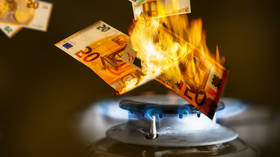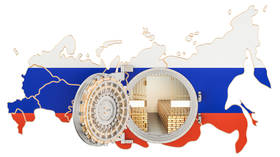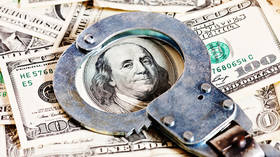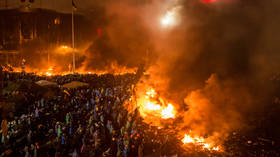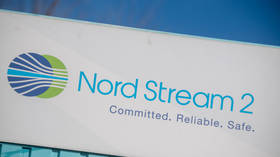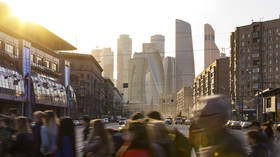The UK has added Russian financial major Sber to its sanctions list in connection with Moscow’s ongoing military operation in Ukraine, blocking the bank’s access to the British pound.
As stated in the document published by Britain’s Treasury on Tuesday, sanctions were imposed against correspondent accounts of Sber, and the bank is also prohibited from clearing operations in sterling.
“PJSC Sberbank participates in the acquisition of benefits from the Russian government or supports it,” the document states. It also emphasizes that Sber, being the largest Russian bank in terms of assets, is “an exceptionally significant player in the Russian financial services sector, which is of strategic importance to the Russian government.”
Sber is Russia’s largest lender and the main financial institution through which salaries of public sector workers are distributed. However, according to Sber, UK sanctions will not affect its Russian clients.
Earlier on Tuesday, international card companies Mastercard and Visa announced they were disconnecting a number of Russian banks from their payment systems following “sanction orders” related to the conflict in Ukraine. Both also noted that the usage of cards by clients within Russia will not be affected, however, some of them won’t be able to use their cards abroad or for payments on foreign websites.
Article source: https://www.rt.com/business/550941-uk-sanctions-sber-bank/?utm_source=rss&utm_medium=rss&utm_campaign=RSS


